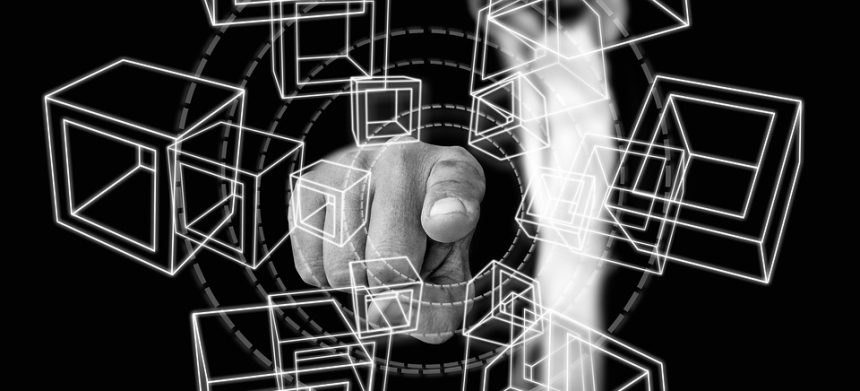In recent years, the real estate sector has evolved significantly, embracing technology to enhance efficiency, transparency, and security. Among the many technological advancements influencing the industry, blockchain technology stands out as a game-changer. By providing a decentralized and transparent platform for transactions, blockchain is poised to revolutionize how property ownership is recorded, transferred, and managed.
Understanding Blockchain Technology
Blockchain is a distributed ledger technology that records transactions across multiple computers so that the record cannot be altered retroactively. Each block in the chain contains a list of transactions, a timestamp, and a cryptographic hash of the previous block, thereby ensuring the integrity and chronological order of data. This decentralized nature of blockchain eliminates the need for intermediaries, such as banks and real estate agents, fostering direct transactions between parties.
The Current Challenges in Real Estate Transactions
Real estate transactions are often accompanied by numerous challenges, including:
-
Cumbersome Processes: The traditional real estate process can involve significant paperwork, requiring multiple parties or intermediaries whose involvement can create delays and increase costs.
-
Lack of Transparency: Ownership records are often fragmented and stored in different databases, making it difficult for buyers and sellers to verify ownership and the property’s history. This lack of transparency can lead to disputes and fraud.
-
Inaccessibility of Data: Accessing property records may be time-consuming and tedious, hindering buyers’ and investors’ ability to make informed decisions.
- High Transaction Costs: The involvement of multiple intermediaries in real estate transactions often translates to additional costs, which can be a burden on buyers and sellers alike.
How Blockchain Simplifies Real Estate Transactions
-
Transparent Ownership Records: Using blockchain, ownership records can be stored in a secure, decentralized manner, making them readily accessible to all stakeholders. This transparency helps to eliminate disputes regarding ownership and ensures that each transaction is visible, traceable, and immutable.
-
Streamlined Processes: Smart contracts, which are self-executing contracts with the terms of the agreement directly written into code, can automate essential aspects of real estate transactions. For instance, smart contracts can facilitate automatic payments and transfers of ownership once predefined conditions are met, ultimately speeding up the closing process and reducing competition among buyers.
-
Reduced Costs: By removing intermediaries from the equation, blockchain can significantly reduce the costs associated with real estate transactions. Buyers and sellers can engage directly without needing real estate agents, banks, or title companies, thus minimizing fees that can quickly add up.
-
Enhanced Security: Blockchain’s cryptographic security makes it extremely difficult for unauthorized parties to alter ownership records or transaction data. This increased security protects against fraud and unauthorized transactions, giving buyers and sellers peace of mind.
- Global Accessibility: Blockchain technology operates on a global scale, allowing buyers and sellers to engage in property transactions across borders seamlessly. This feature opens up access to international markets and investment opportunities for individuals and businesses alike.
Real-World Applications of Blockchain in Real Estate
Various companies are already leveraging blockchain technology to innovate within the real estate sector. For instance:
-
Propy: This platform allows real estate transactions to be completed entirely online using blockchain technology. By digitizing the ownership transfer process, Propy aims to simplify and expedite transactions for buyers and sellers embracing digital methods.
-
RealEstateMall: This platform is creating a marketplace built on blockchain where property ownership can be easily transferred using smart contracts. It promises to eliminate lengthy waiting periods associated with traditional transactions.
- The Token Market: This framework enables property owners to tokenize their assets, allowing fractional ownership. By converting property into digital tokens, it becomes possible for multiple investors to own portions of high-value assets, thereby democratizing real estate investment.
Conclusion
Blockchain technology represents a significant advancement in the real estate industry, promising to improve transparency, efficiency, security, and accessibility. By simplifying transactions through the creation of transparent ownership records, automating processes with smart contracts, and reducing costs, blockchain has the potential to transform how real estate operates. As the technology continues to mature and gain acceptance, the future of real estate transactions looks increasingly promising, paving the way for a more secure and equitable property market. The fusion of blockchain with real estate marks a pivotal moment in the industry and reflects the broader shift toward innovation-driven solutions in the digital age.





